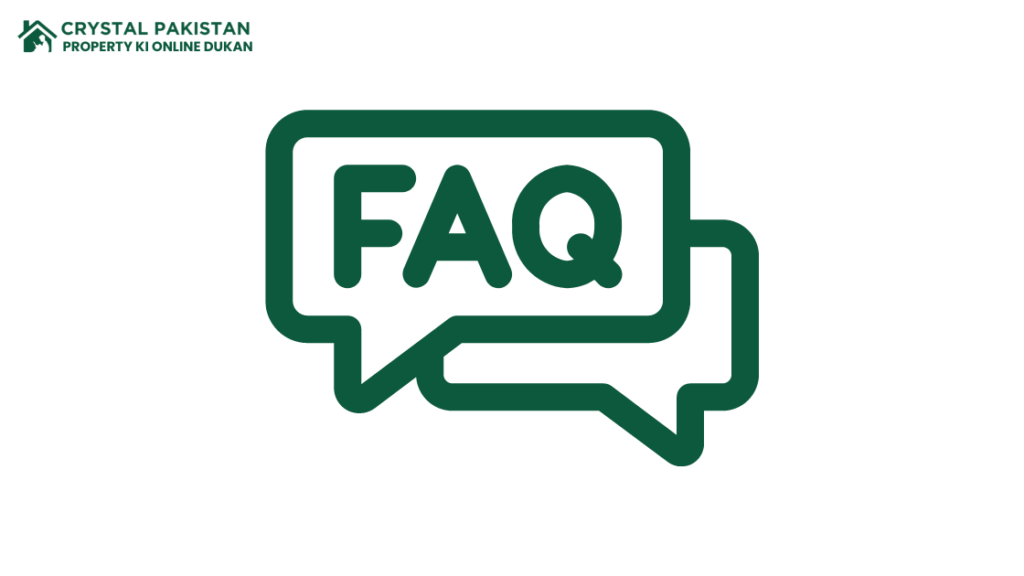How to Navigate Property Financing Options in Pakistan
If you’re considering investing in property in Pakistan, navigating the various financing options available can be a daunting task. From traditional bank loans to specialized real estate financing programs, understanding the landscape is crucial to making informed decisions. In this guide, we’ll take you through a comprehensive overview of navigating property financing options in Pakistan, ensuring you’re well-equipped to take the next step in your property investment journey.
Introduction
Investing in property is a significant step, and finding the right financing option can greatly impact your success in this endeavor. Pakistan offers a range of property financing options, each with its own set of features and requirements. Understanding these options is crucial for making a well-informed decision.
Understanding Property Financing
Before delving into specific financing options, it’s important to grasp the basic concepts. Property financing involves borrowing money to purchase real estate, and the repayment terms can vary widely based on the chosen option.
Types of Property Financing
In Pakistan, you’ll encounter various types of property financing, including traditional bank loans, Islamic financing, microfinance, government-sponsored programs, and private financing from non-banking financial institutions.
Eligibility Criteria
Lenders typically consider factors such as your income, credit history, and the property’s value. Meeting eligibility criteria is a crucial step in securing financing.
Documentation Requirements
Expect to provide personal identification, proof of income, property details, and any other documentation that lenders may request.
Traditional Bank Loans
One of the most common options, traditional bank loans, offers certain advantages:
- Advantages
- Competitive interest rates
- Established lending institutions
- Structured repayment plans
- Disadvantages
- Stringent eligibility criteria
- Lengthy approval process
Islamic Financing
Islamic financing, adhering to Sharia principles, has gained popularity:
- Key Principles
- Prohibition of interest (usury)
- Risk and profit-sharing
- Asset backing
- Modes of Islamic Financing
- Musharakah
- Mudarabah
- Murabaha
Microfinance for Property
Microfinance serves those with limited financial resources:
- Target Audience
- Low-income individuals
- Small-scale entrepreneurs
- Pros and Cons
- Accessibility
- Higher interest rates
Government-Sponsored Programs
The government offers programs to promote property ownership:
- Affordable Housing Schemes
- Subsidized rates
- Easier eligibility
- Subsidized Interest Rates
- Lower cost of borrowing
- Income-based qualification
Private Financing Companies
Non-banking financial institutions provide alternative options:
- NBFIs
- Diverse loan offerings
- Flexible terms
- Terms and Interest Rates
- Varied interest structures
- Quick processing
Evaluating Your Financial Health
Assess your financial standing before committing:
- Debt-to-Income Ratio
- Determining borrowing capacity
- Credit Score Importance
- Impact on interest rates
Choosing the Right Option
Consider your long-term goals:
- Assessing Long-Term Goals
- Investment horizon
- Property type
- Risk Tolerance
- Balancing risk and return
- Consultation with Financial Advisors
- Seeking expert advice
Application Process
Navigating the application process smoothly:
- Necessary Steps
- Documentation submission
- Application review
- Avoiding Common Mistakes
- Inaccurate information
- Missed deadlines
Property Valuation and Legalities
Ensure accurate property valuation and legal compliance:
- Importance of Accurate Valuation
- Preventing overpayment
- Legal Documentation Process
- Title verification
- Sale agreement
Repayment Strategies
Understanding repayment options:
- Amortization
- Gradual principal repayment
- Grace Periods
- Delayed repayment start
Dealing with Default
Plan for unforeseen circumstances:
- Consequences
- Asset seizure
- Renegotiation Options
- Restructuring loans
Tax Implications
Understand tax obligations and benefits:
- Property-Related Taxes
- Stamp duty
- Capital gains tax
- Tax Benefits of Home Loans
- Deductible interest payments
Future Trends in Property Financing
Stay informed about industry shifts:
- Technological Integration
- Online application processes
- Digital verification
- Green Financing Initiatives
- Eco-friendly property incentives
Conclusion
Navigating property financing options in Pakistan requires careful consideration of your financial situation, risk tolerance, and long-term goals. By exploring the diverse range of options available, you can make an informed decision that aligns with your investment objectives.

FAQs
Is Islamic financing available for commercial properties?
Islamic financing can be used for both residential and commercial properties, adhering to Sharia principles.
Can I apply for multiple government-sponsored programs simultaneously?
Yes, you can apply for multiple programs, but eligibility criteria for each must be met.
What happens if I default on my property loan?
Defaulting can lead to legal action and potential loss of the property. It’s important to communicate with the lender in such cases.
Are there tax benefits for investing in affordable housing schemes?
Yes, some tax incentives are often offered to promote investment in affordable housing projects.
How can I improve my credit score before applying for financing?
Paying bills on time, reducing credit card balances, and correcting any errors on your credit report can help improve your credit score.



Join The Discussion